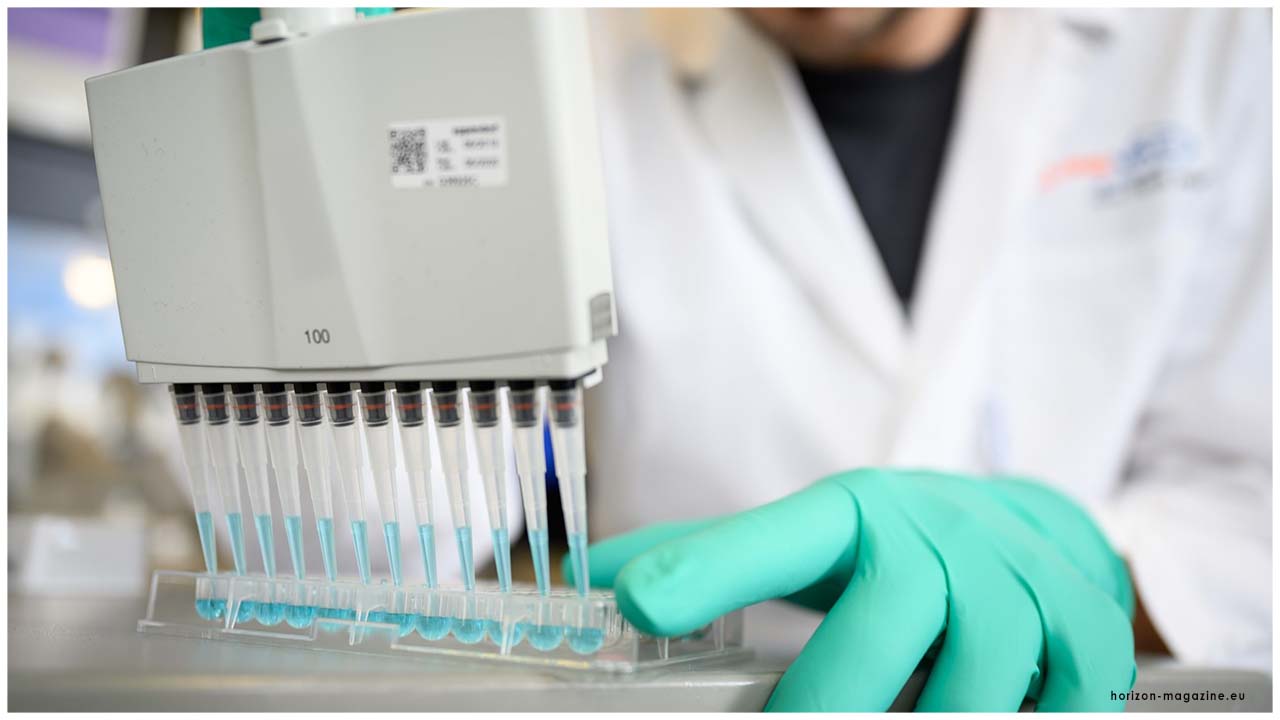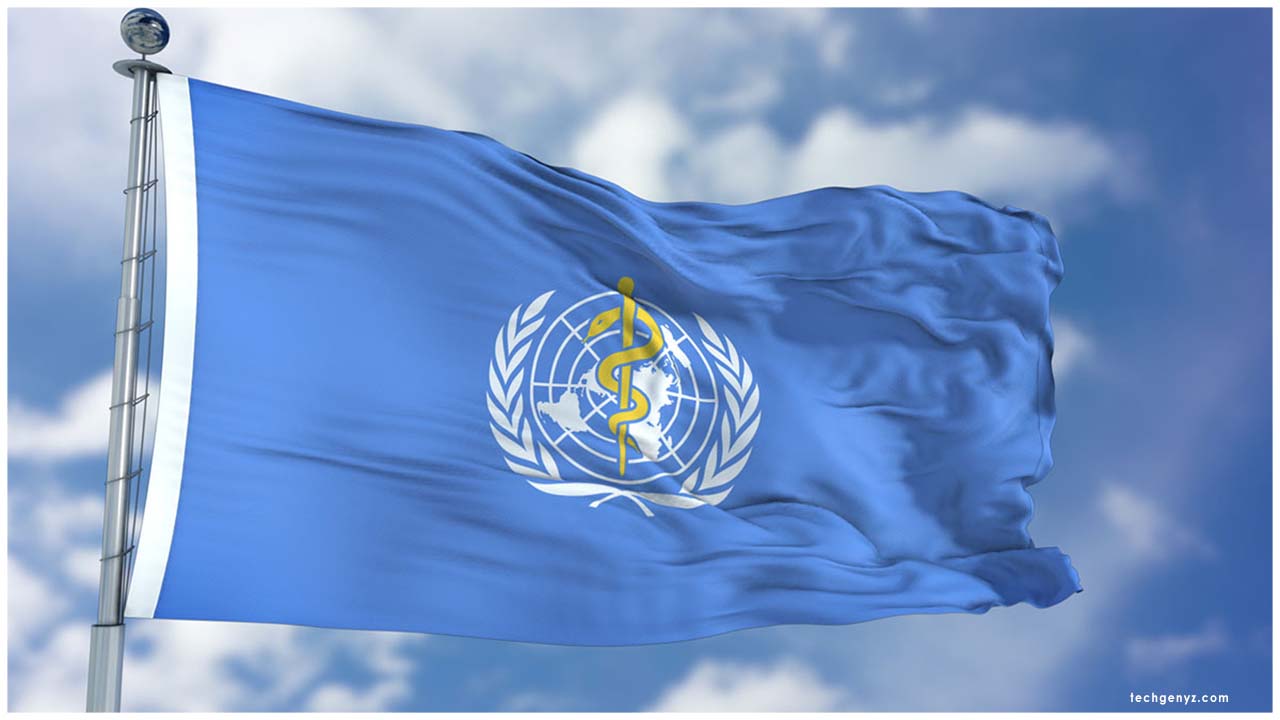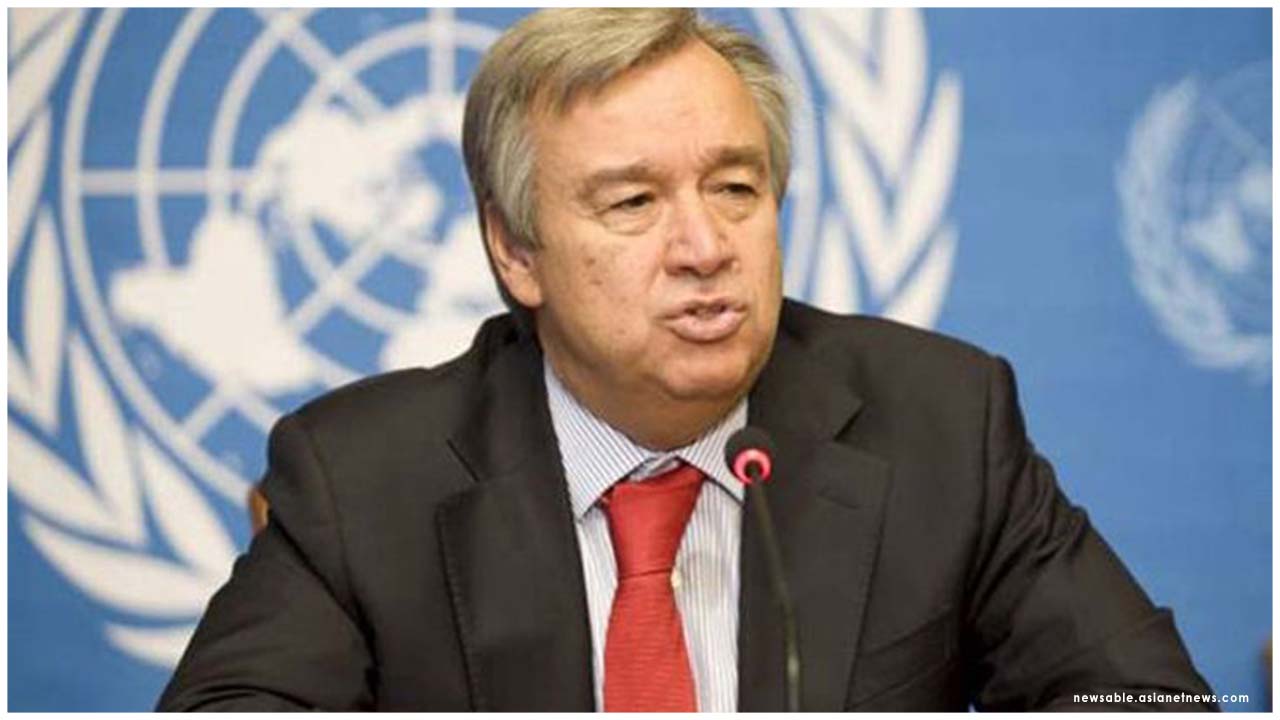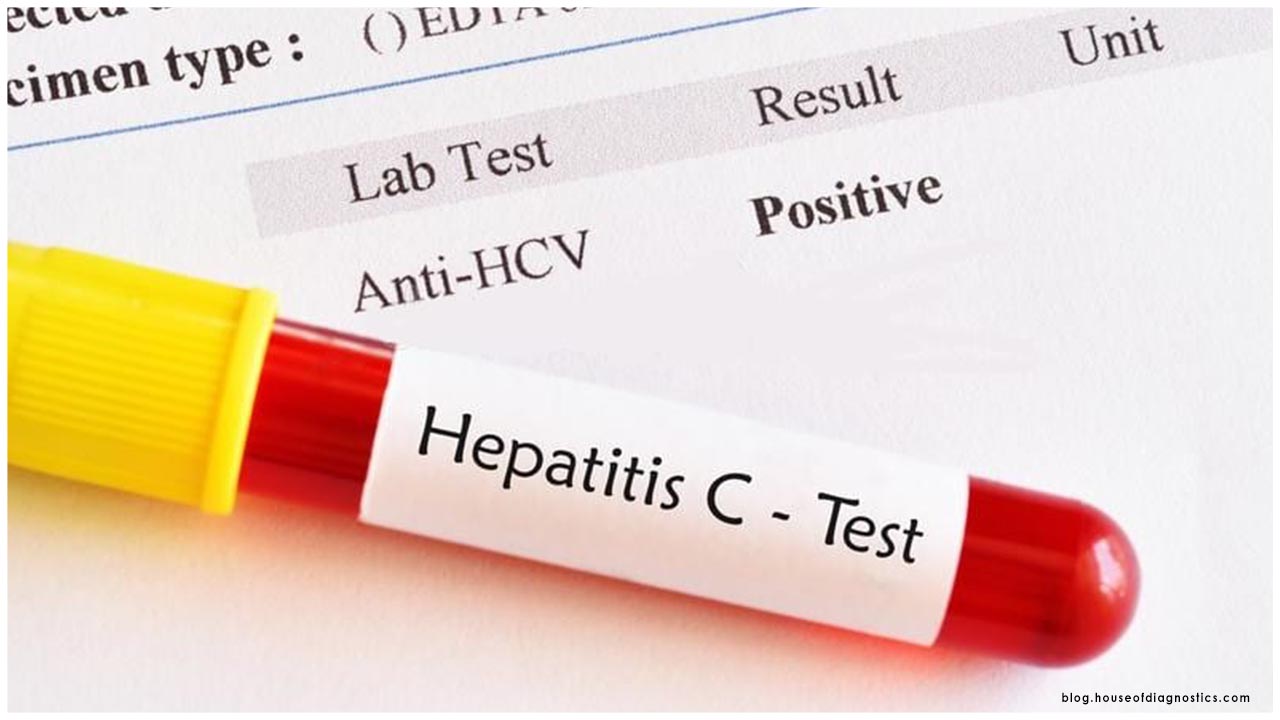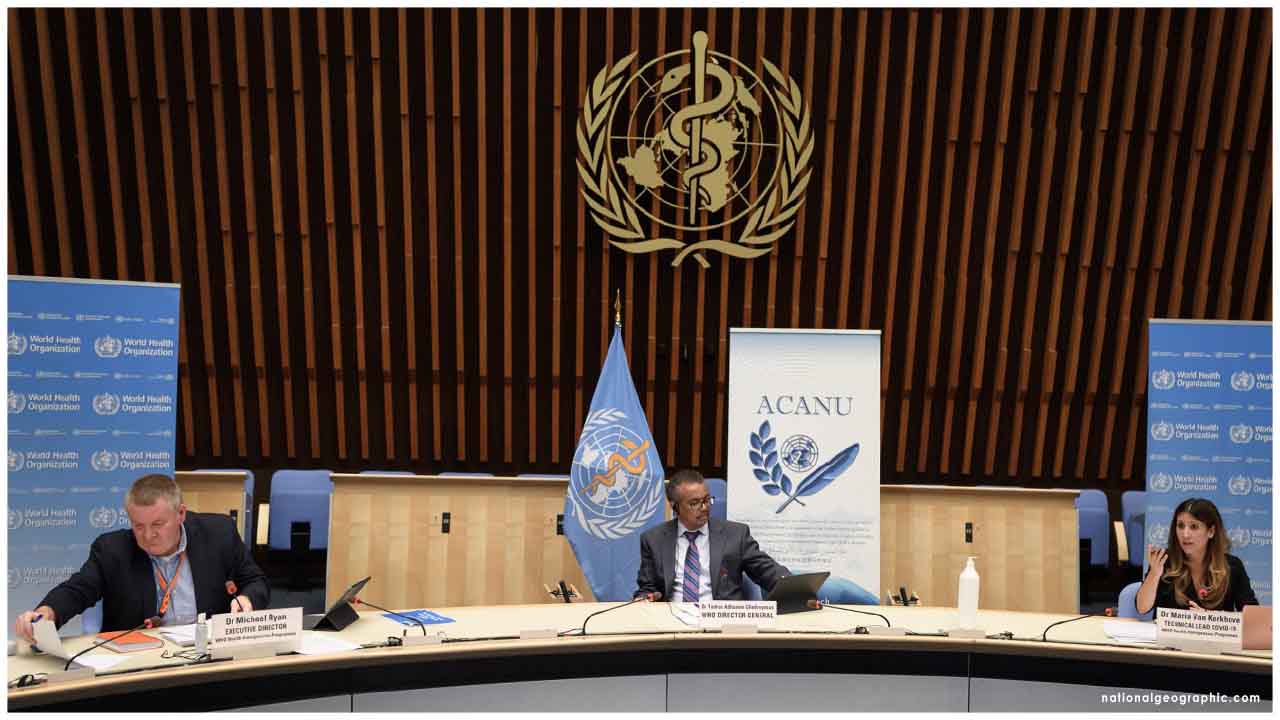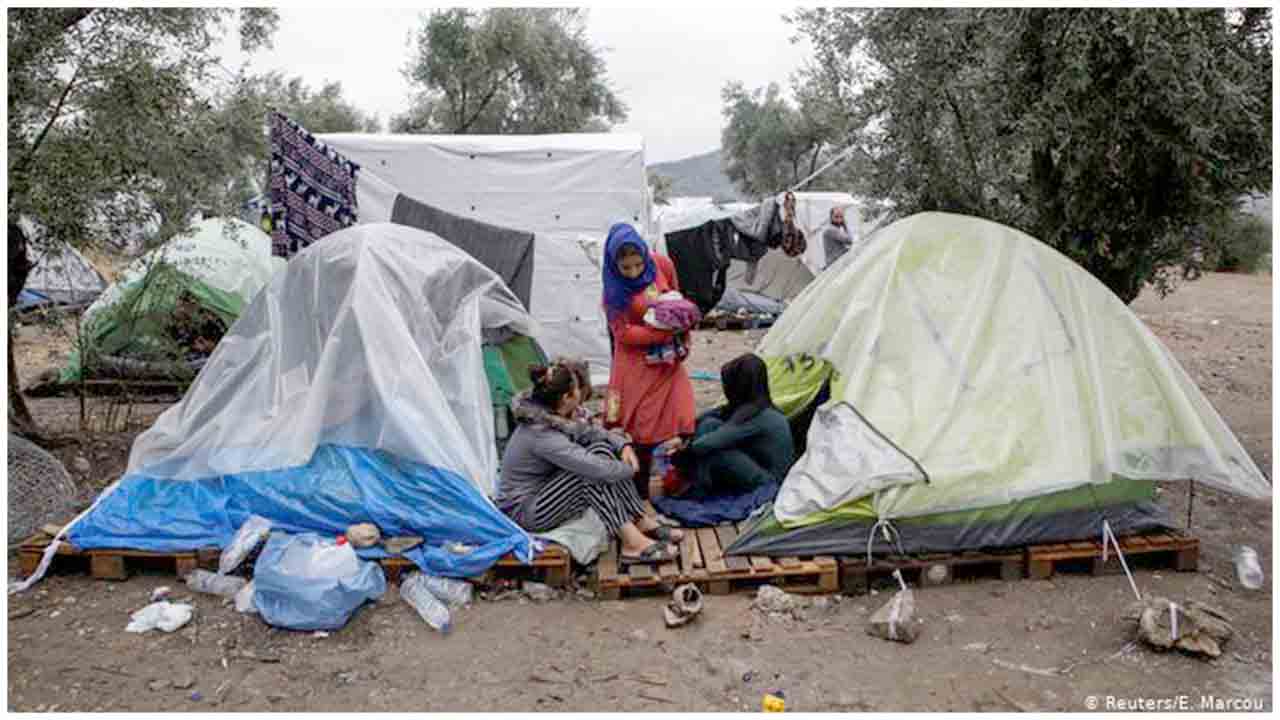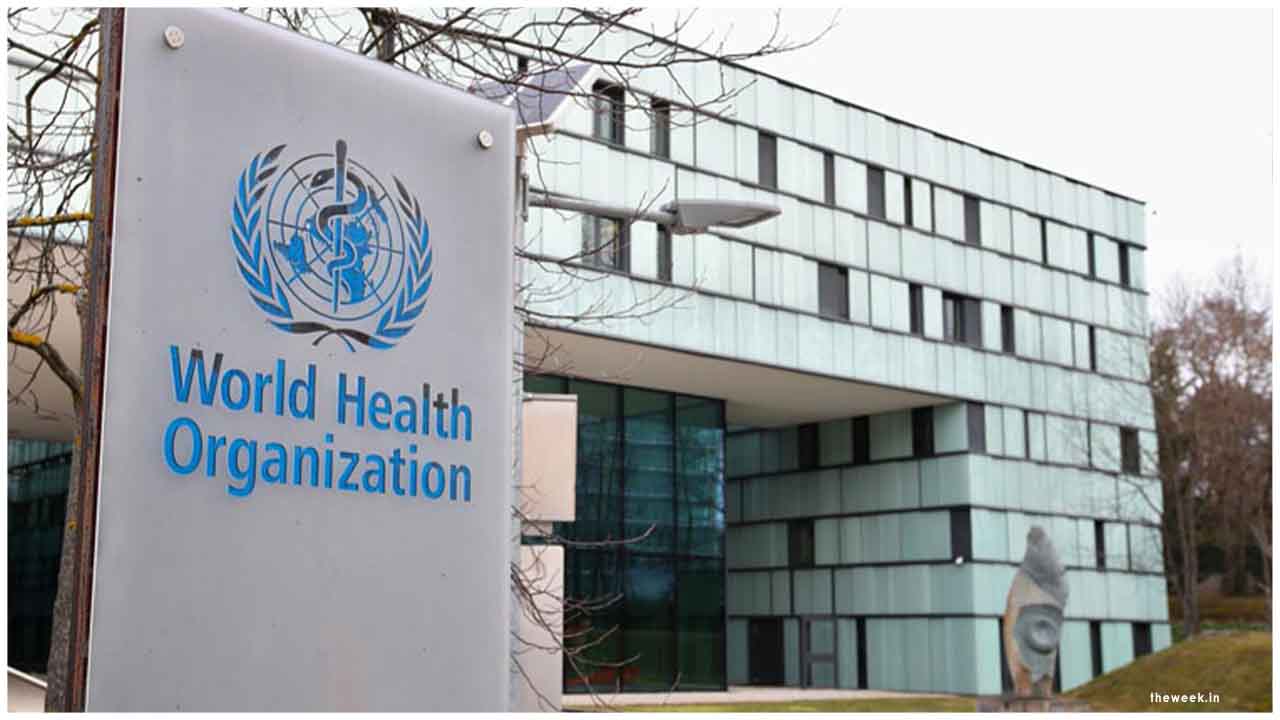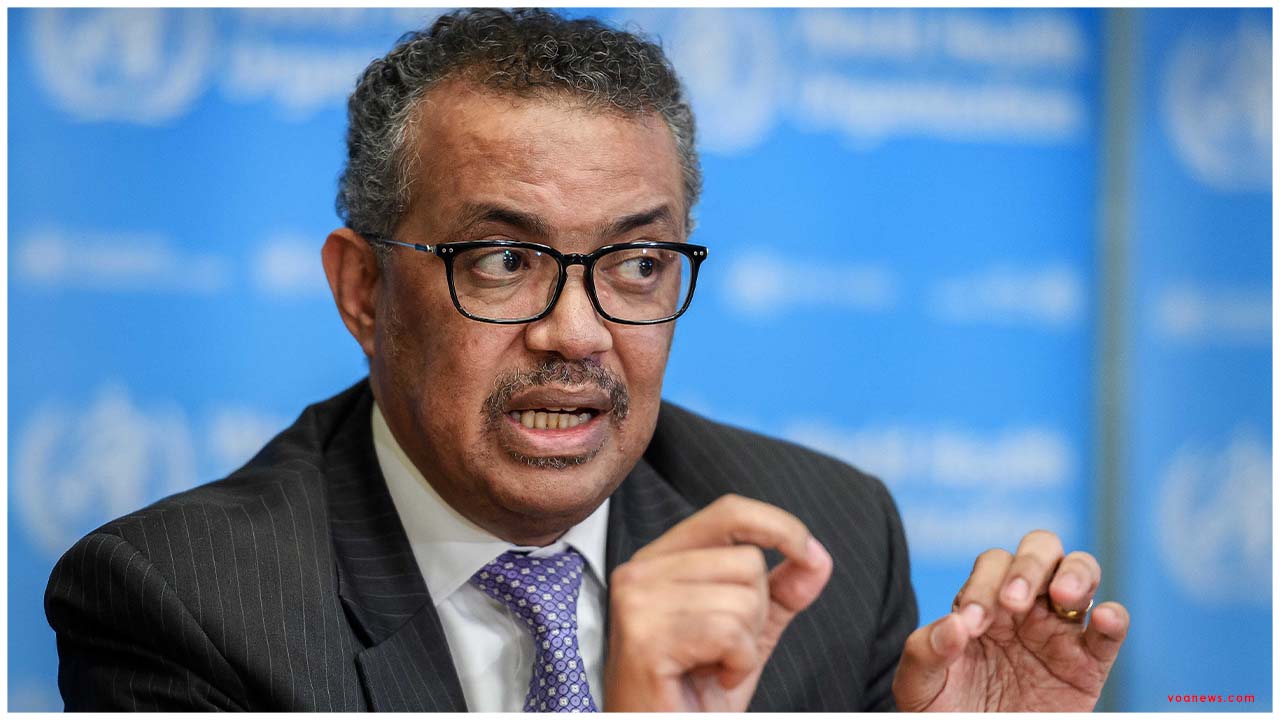A large scale malaria vaccine study led by the World Health Organization (WHO) has been criticised by a leading bioethicist for committing a “serious breach” of international ethical standards, finds a special report published by The BMJ today.
The cluster randomised study in Africa is already underway in Malawi, Ghana, and Kenya, where 720,000 children will receive the RTS,S vaccine, known as Mosquirix, over the next two years.
Mosquirix, the world’s first licensed malaria vaccine, was positively reviewed by the European Medicines Agency, but its use is being limited to pilot implementation, in part to evaluate outstanding safety concerns that emerged from previous clinical trials.
These were a rate of meningitis in those receiving Mosquirix 10 times that of those who did not, increased cerebral malaria cases, and a doubling in the risk of death (from any cause) in girls.
WHO says the study is a “pilot introduction” and not a “research activity” - and that those children living in areas randomised to receive the new vaccine will do so as part of each country’s routine vaccination schedule and that consent is “implied.”
An implied consent process means that recipients of the vaccine are not being informed that they are in a study.
Instead, WHO says that information on vaccination is provided to the community and to parents through health talks and community outreach - among other methods - and parents who present for vaccination do so with the option to vaccinate their children or not.
But Charles Weijer, a bioethicist at Western University in Canada, told The BMJ that the failure to obtain informed consent from parents whose children are taking part in the study violates the Ottawa Statement, a consensus statement on the ethics of cluster randomised trials.
He says that so-called implied consent is “no substitute for informed consent. Indeed, implied consent is no consent at all. We have no assurance that parents in fact received information about the study let alone that they understood it.”
What information parents are provided in practice is hard to judge.
WHO sent The BMJ some training information that it says it has shared with country partners about Mosquirix’s potential risks. The material lists the increased rates of meningitis and cerebral malaria observed in trials and states that they will be monitored. But the potential for increased risk of death among girls is not mentioned.
It is also unclear whether any ethical bodies specifically reviewed and signed off on the “implied consent” process already underway.
The BMJ asked WHO whether the agency’s Research Ethics Review Committee, which approved the study protocol in February 2018, waived the requirement for individual informed consent.
WHO did not answer the question directly, instead referring to the process as one used by the ministries of health in Ghana, Kenya, and Malawi.
“The vaccine deployment is led by the countries and it is done in the context of routine vaccinations, where there is no requirement for written individual consent. Caregivers are free to decline if they do not wish their child to receive the vaccine.”
Weijer doubted a research ethics committee would have ever given permission for waiving the need for informed consent.
“It is difficult to see how a research ethics committee could have approved a waiver of consent for the WHO malaria vaccine pilot cluster randomized trial,” he said, pointing out that neither the Ottawa Statement nor the CIOMS international ethical guidelines (that WHO says it follows) support the use of waivers of consent in cluster trials of drugs or vaccines.
He also noted that the human rights provisions of the Malawi constitution include a specific provision prohibiting the use of a waiver under any circumstances: “No person shall be subjected to medical or scientific experimentation without his or her consent.”
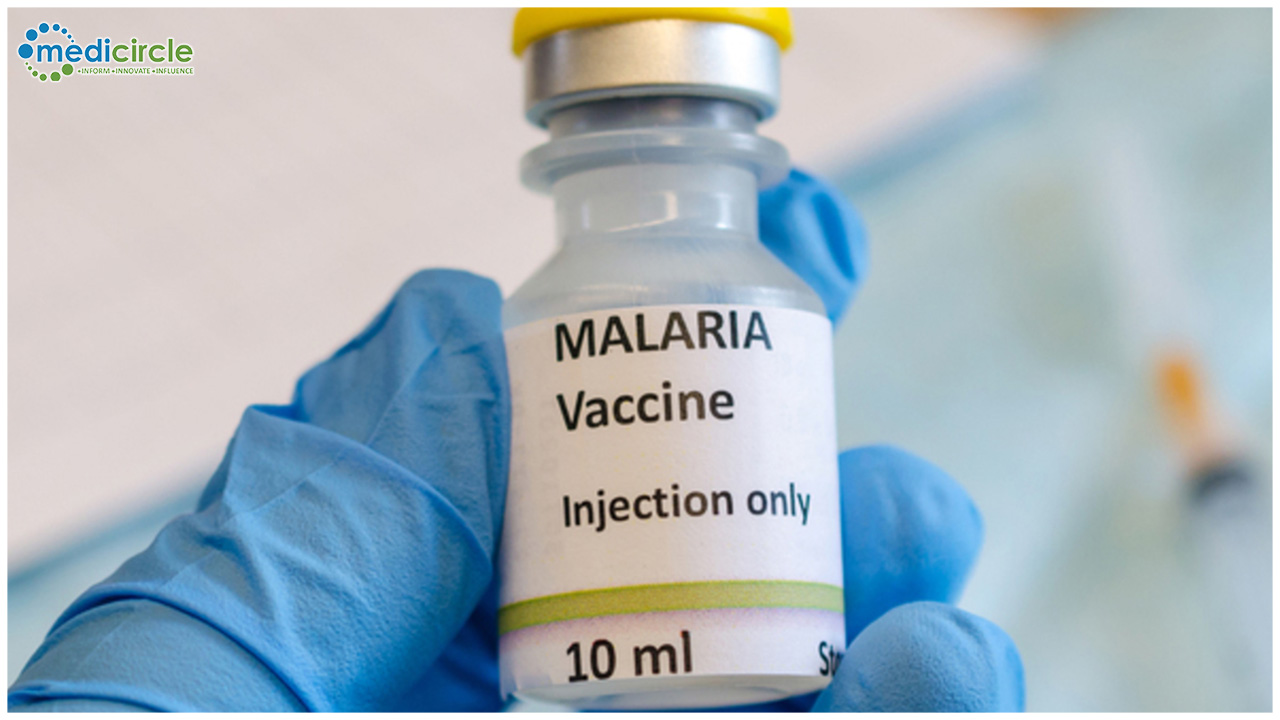
 Experts are troubled by the apparent lack of informed consent in a pilot study of the vaccine
Experts are troubled by the apparent lack of informed consent in a pilot study of the vaccine









